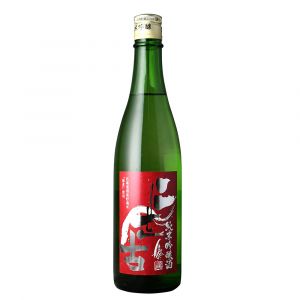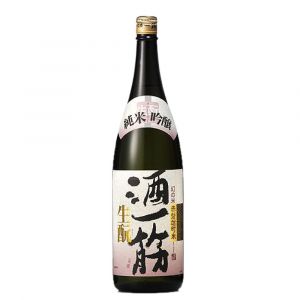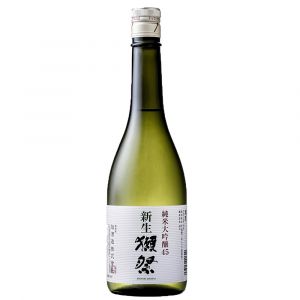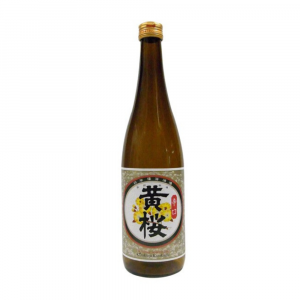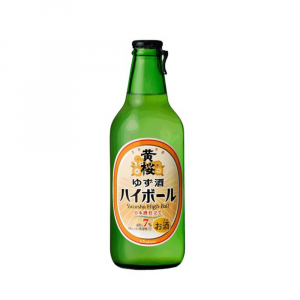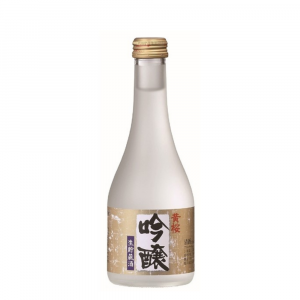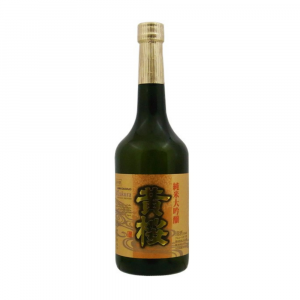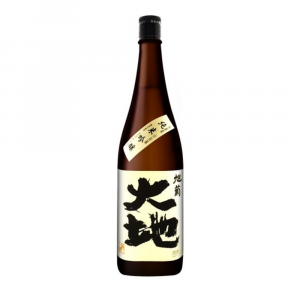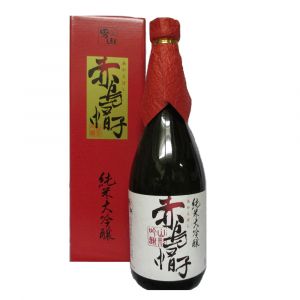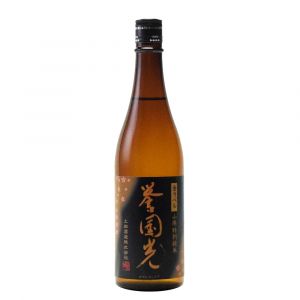Sake is a Japanese alcoholic drink that is made from rice and water. It is lighter in colour where colour ranges from white to yellow. The 4 main ingredients in Sake are water, yeast, sake rice and most importantly koji mould. A special rice called “Sakamai”, is used in the making of Sake and it is prepared through rice polishing.
FAQs
-
What are the types of Sake?
There are 6 basic types of sake - Honjozo-shu, Junmai-shu, Ginjo-shu, Junmai Ginjo-shu, Daiginjo-shu and Junmai Daiginjo-shu.
Honjozo-shu - Honjozo-shu is a type of sake which includes a small amount of distilled alcohol compared to table sake and it has a high amount of mill ratio. This Sake is generally light and fragrant that pairs well with sashimi.
Junmai-shu - Junmai-shu is a type of sake that includes only Japanese rice, water, and koji. This indicates that there is no distilled alcohol that has been added in the production process. This sake is generally more umami-rich in flavour and has a fuller body with high acidity. Due to the solid flavour profile, this sake is best served hot.
Ginjo-shu - Ginjo-shu is a type of sake that has been brewed for long and intensive hours while using highly polished rice. Thus, this process made this sake into more aromatic, fruity and refined.Junmai Ginjo-shu - Junmai Ginjo-shu is like a Ginjo sake with no added distilled alcohol. Similar to Junmai-shu, it is made up of only rice, koji and water but it is much lighter and more aromatic than Junmai-shu.
Daiginjo-shu - Daiginjo-shu is a type of sake that is brewed with utmost care and even more labour intensive than Ginjo-shu. To be considered as a Daiginjo-shu, the rice needs to be milled down to at least 50%. This sake is very fragrant with complex aroma of fruit.
Junmai Daiginjo-shu - Junmai Daiginjo-shu is a type of sake that is made without adding distilled alcohol. As Junmai Daiginjo-shu is rare and of the best quality which indicates that it is on a more pricey side.
-
How long does it take to brew Sake?
It takes up to a month but it might take a little longer especially for Ginjo-shu. Also, this does not include the 6 months period sake is “aged” before release.
-
How should Sake be stored?
Sake should be stored away from light and kept cool. Sake is recommended to be stored in the refrigerator but it is not necessary unless the Sake has not been pasteurised.
-
Is sake stronger than soju?
No it isn’t. Sake usually has a lower ABV between 12% and 18% whereas soju typically has an ABV of 20%.
-
Why are traditional Japanese sake cups so small?
The smaller the cup, the more often you pour for the drinker. This is a way of showing respect for your friend or family. Therefore the smaller the cup, the more this ritual takes place.

